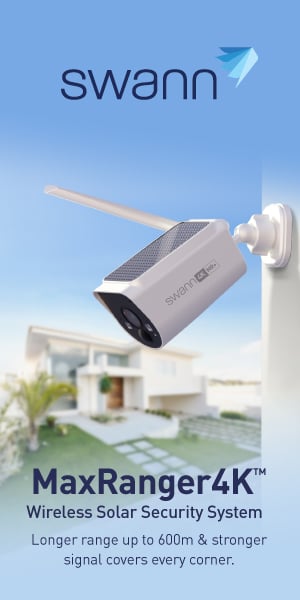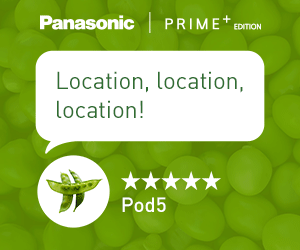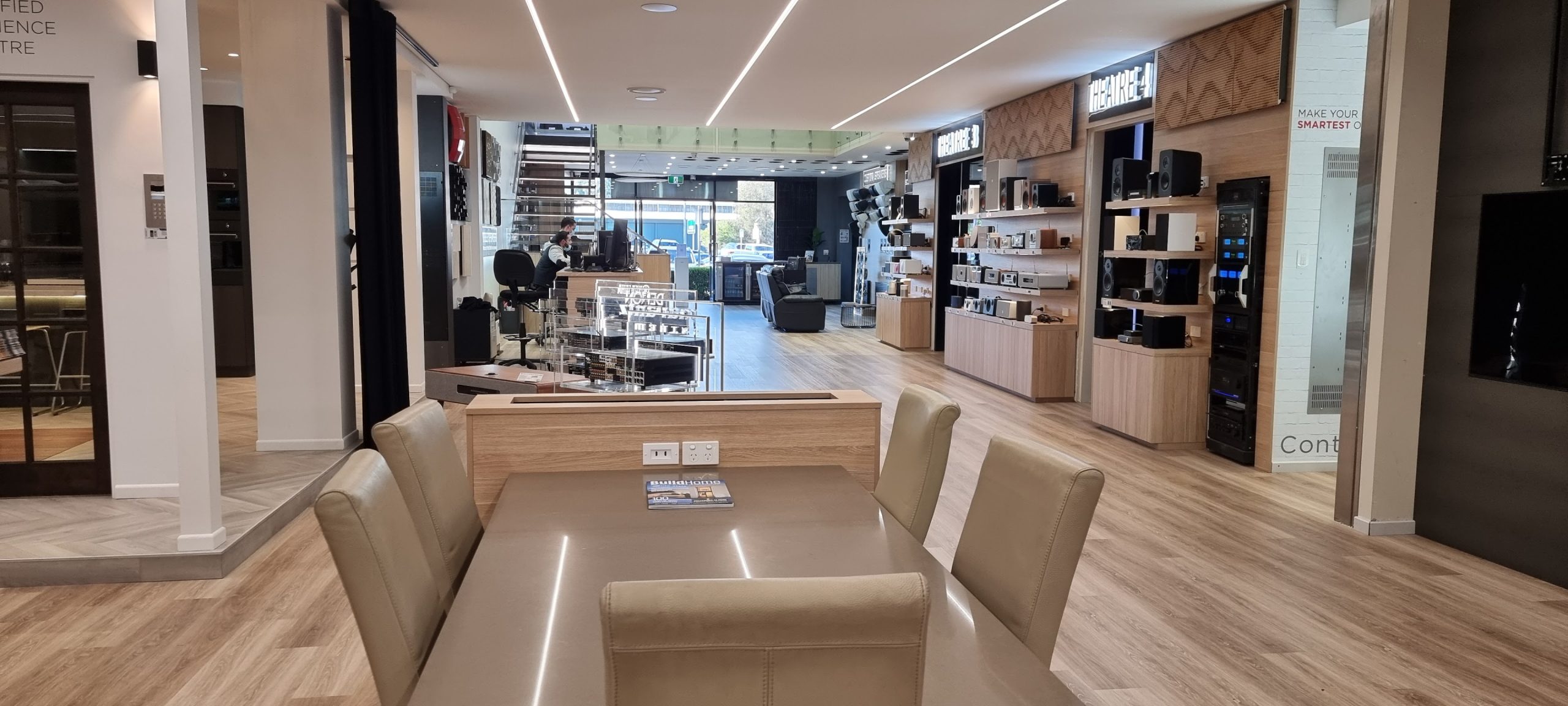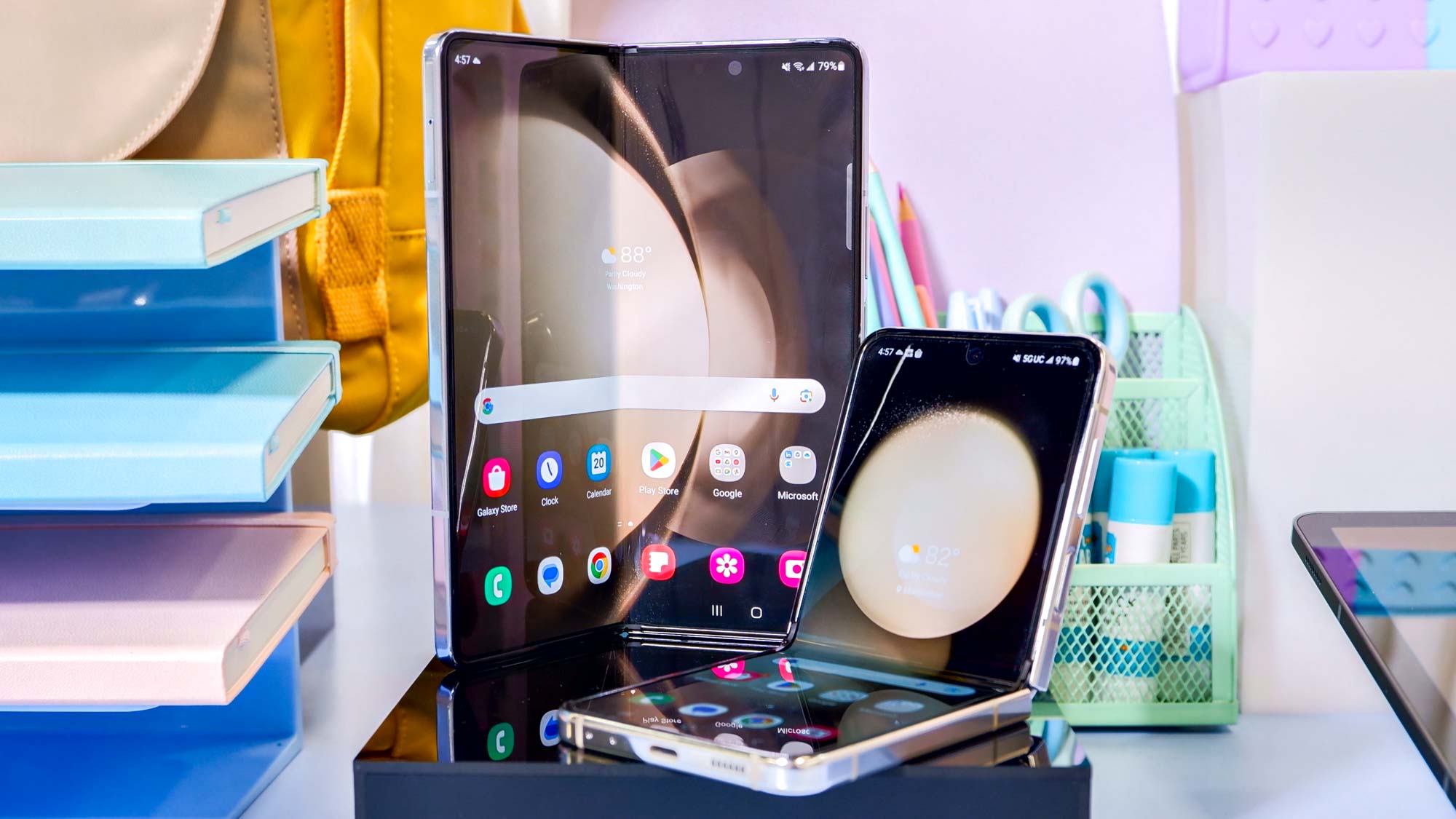South Korean Company Samsung Electronics is getting into the 5G millimetre-wave (mmWave) radio solutions networking market following the exit of Huawei from the Australian market after being banned by the Australian Federal Government.
The Company is launching its telecommunications networks operations, Samsung Networks Business, in Australia, initially offering 5G millimetre-wave (mmWave) radio solutions, including Compact Macro, in both 26GHz and 28GHz spectrums. The announcement follows a series of successful commercial deployments of 5G networks by mobile operators in a range of markets including Canada, New Zealand, and the United States, using Samsung’s latest 5G solutions.
Analysts claim that as impressive as the performance of a millimetre Wave (mmWave)-powered 5G network can be, it faces some serious shortcomings in real-world deployments. One of its biggest challenges is the inability for mmWave signals to reach inside buildings when coming from traditional cell towers or any other outdoor-located transmission site.
Currently Samsung is working on solutions to overcome these issues.
In the USA Verizon, a major telecommunications carrier announced a partnership with Samsung Networks to create Qualcomm chip-powered small cells that allow fast 5G signals to be used in offices, shopping malls, and other types of venues.
Analysts who have seen the Samsung offering claim that ‘ What’s interesting about the Samsung Networks small cells is that they’re part of a new line of 5G in-building products that the company is branding Samsung Link. This first iteration, called Link Cell, is built to work at 28 GHz and offers support for up to 400 MHz of potential throughput (via four concurrent 100 MHz carrier channels) in a box that’s about the size of a milk carton.
Due to its small size, it can be installed similarly to enterprise-grade Wi-Fi routers.
Like Wi-Fi routers, the Link Cells are designed to be self-configuring, making the setup process easy, even for organisations that may not have a mobile network setup expertise in-house.
In an official statement issued overnight Samsung Networks said that they will initially commence operations in 2021 as a network vendor and explore the potential of 5G mmWave technology to support the nation’s digital transformation with next generation networks technology.
“The launch of Samsung Networks Business in Australia will open incredible opportunities for potential partners seeking to explore how the pinnacle of Samsung’s innovation in telecommunications can support the future of network connectivity in this country,” said Garry McGregor, Vice President of Mobile at Samsung Australia. “This announcement comes at a critical moment for mobile operators and government agencies as they consider future opportunities in 5G mmWave technology.”
The Australian Communications and Media Authority (ACMA) opened applications for telecommunications carriers to participate in an auction to secure high band 5G spectrums for future deployments. The auction will involve the sale of 2.4GHz spectrum within the 26GHz band across 27 geographic regions across Australia.
Globally, Samsung Networks collaborates with major mobile operators in a range of markets including Canada, India, Japan, and Korea, as well as the United States. Most recently, Samsung Networks deployed 4G and 5G solutions for one of New Zealand’s major telecommunications carriers.
“Samsung has invested in network innovation for more than a decade and is an established, trusted network technology provider in some of the most advanced markets in the world through multiple 4G and 5G deployments. We look forward to sharing more news about our plans for the Australian market.” McGregor added.
In January 2021, Samsung Networks’ 5G RAN solution achieved First Common Criteria (CC) Certification against the Network Device collaborative Protection Profile (NDcPP), an internationally recognised IT security standard. (Link) The company’s certified base stations are among the first 5G products to be listed on the U.S. National Information Assurance Partnership (NIAP) Product Compliant List (PCL) as well as the Canadian Centre for Cyber Security Product List. In April of last year, using its mmWave solutions, Samsung Networks also achieved one of the industry’s fastest 5G download speeds of 8.5Gbps across multiple devices. (Link)
Interest in private 5G networks is particularly high right now and it appears that Samsung has seen an opening in the market.
ChannelNews understands that Samsung is currently talking to carriers in Australia as well as looking for senior executives with experience to run this new business opportunity.








































